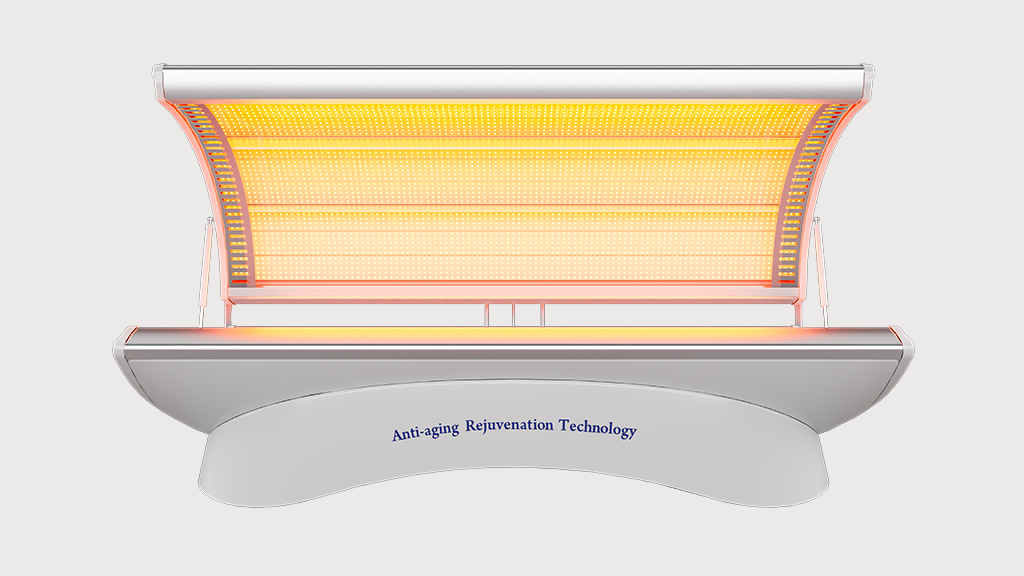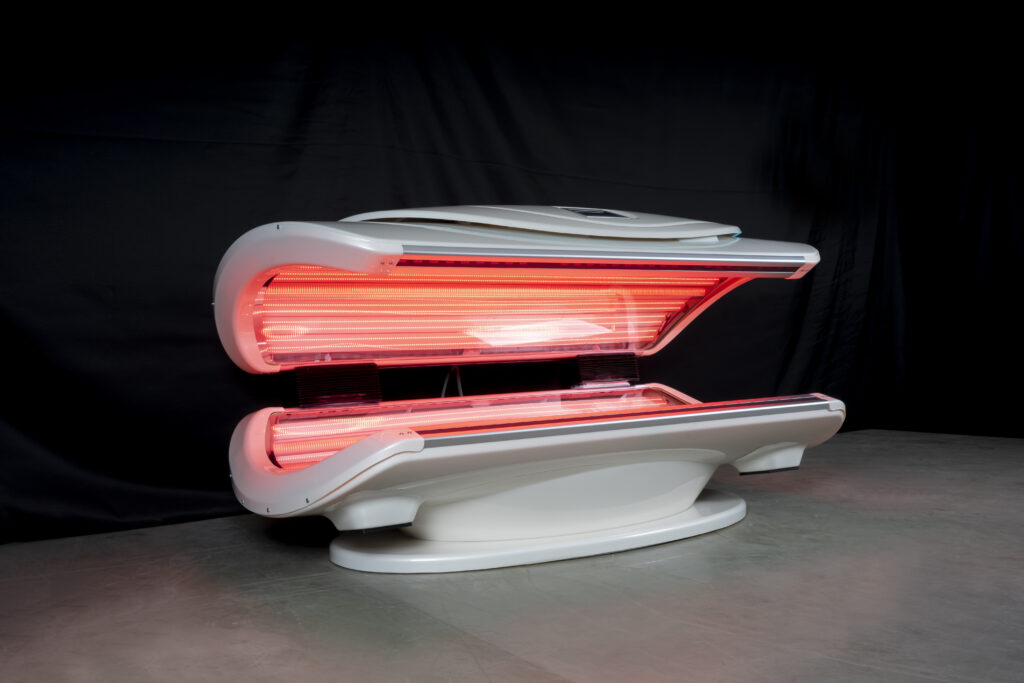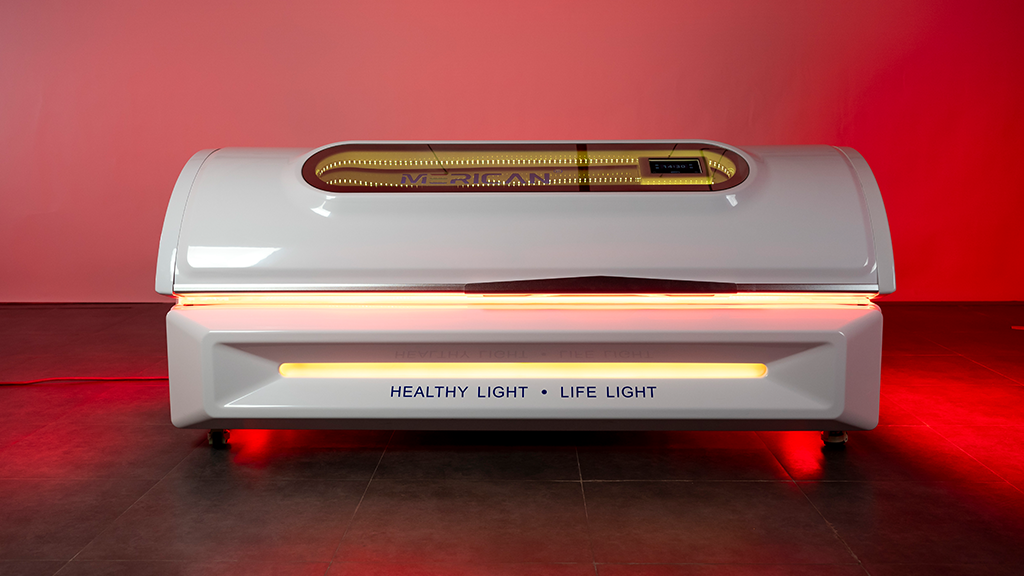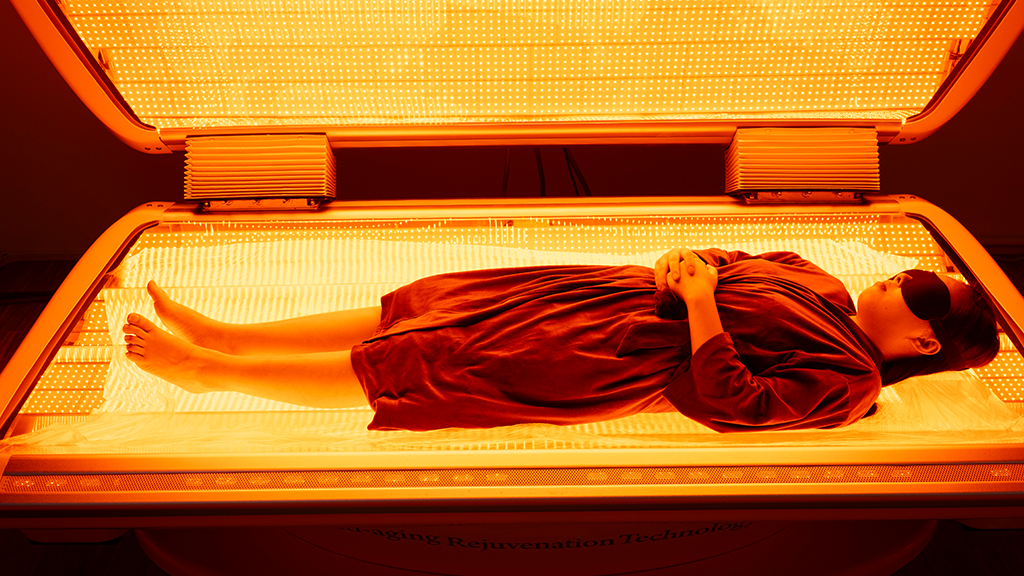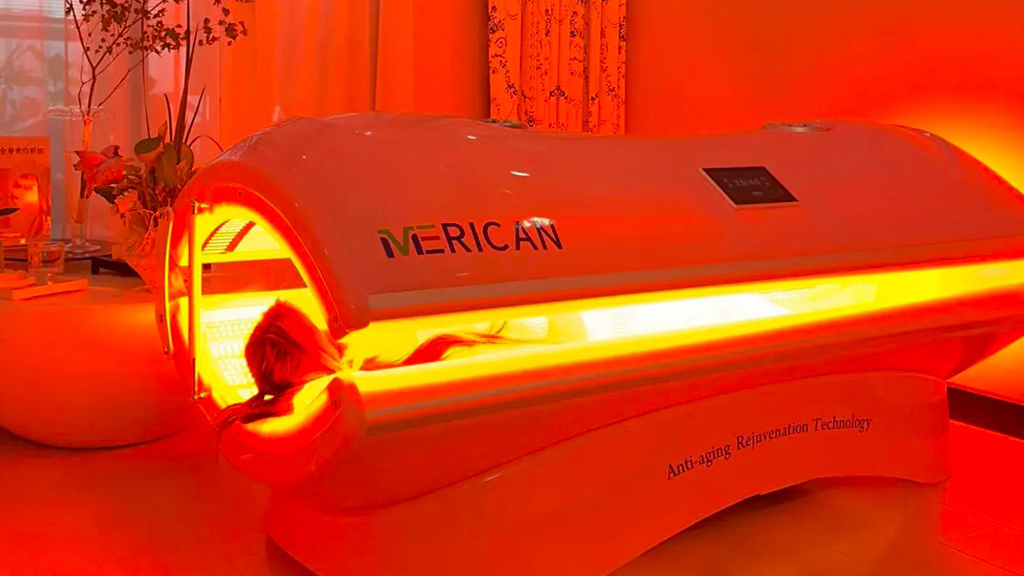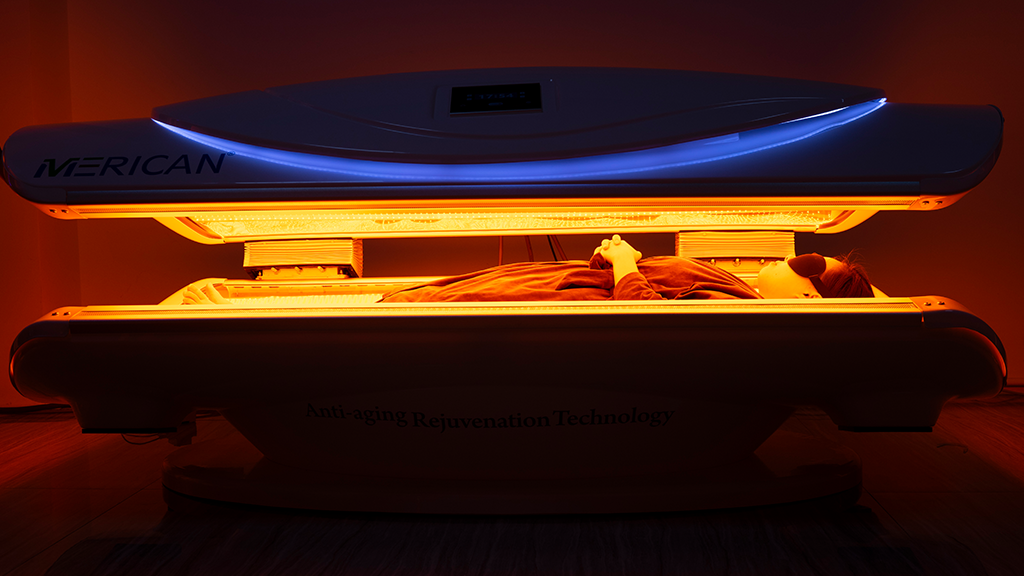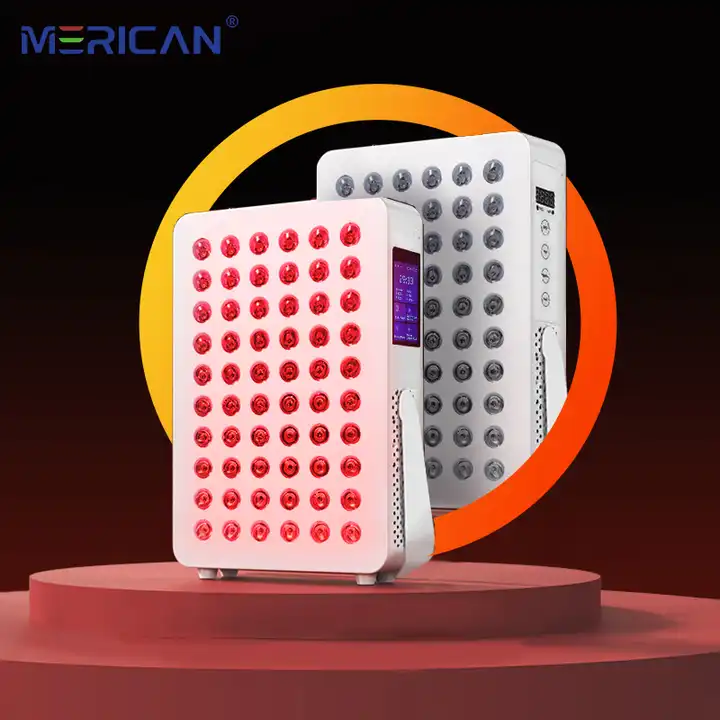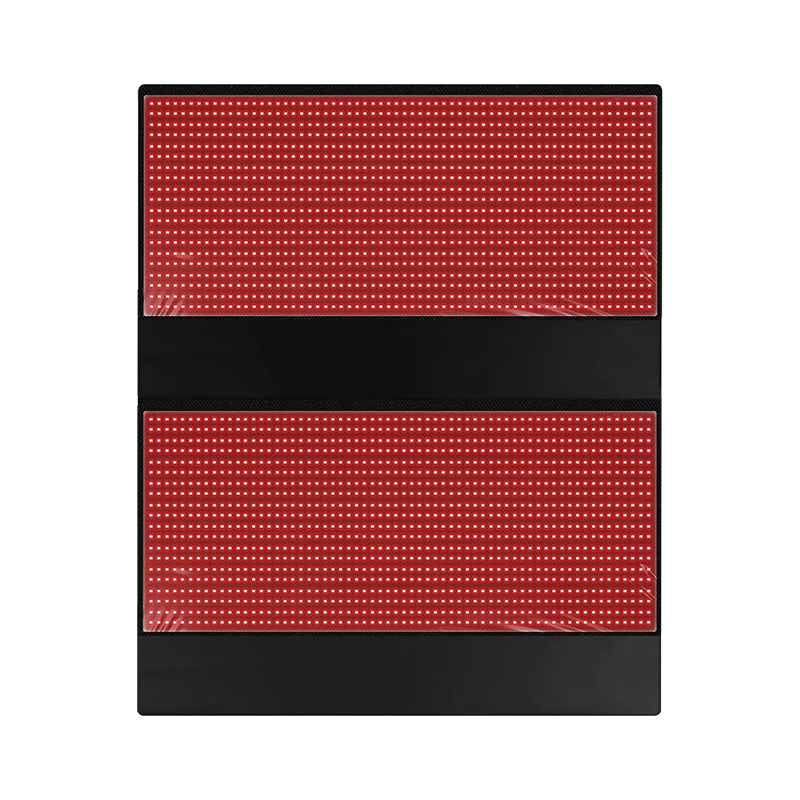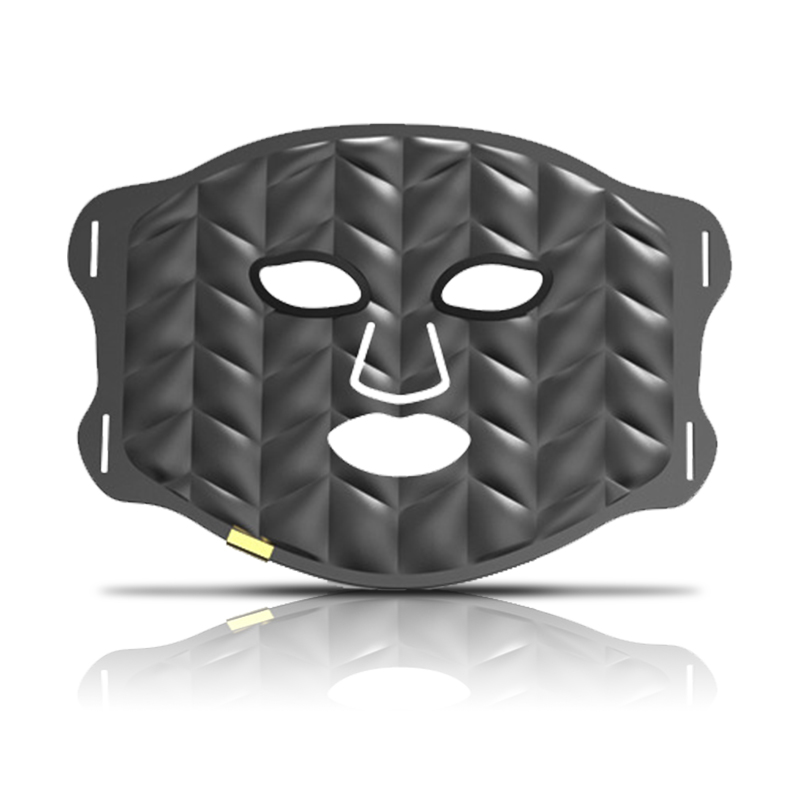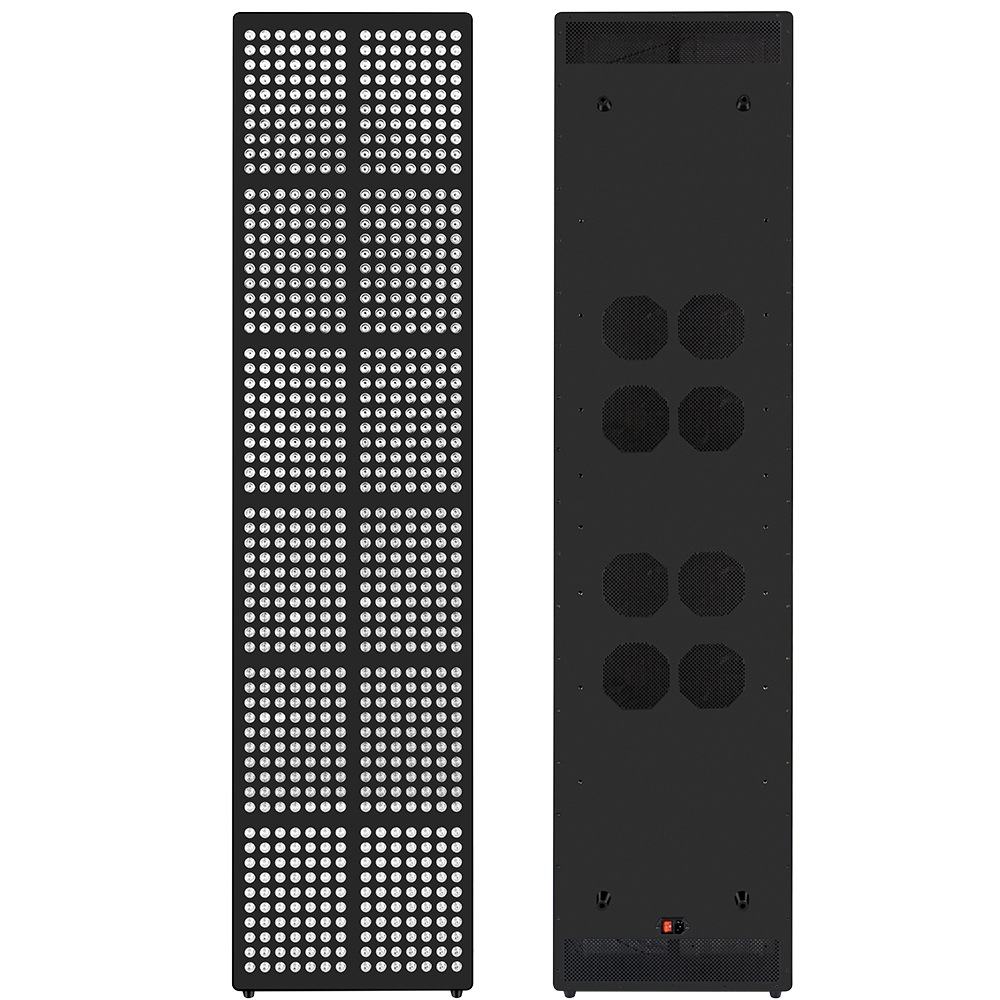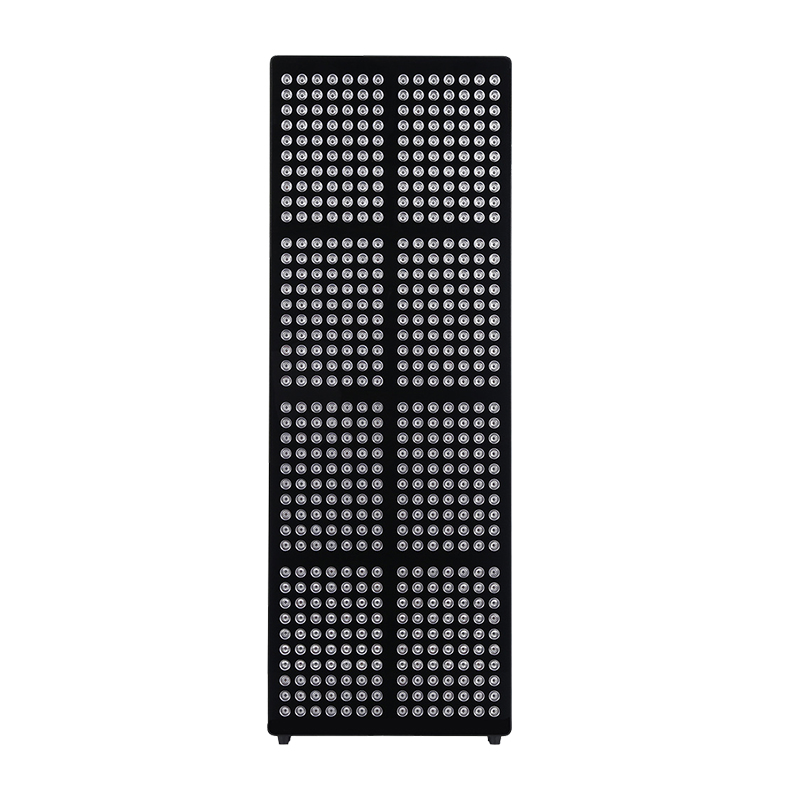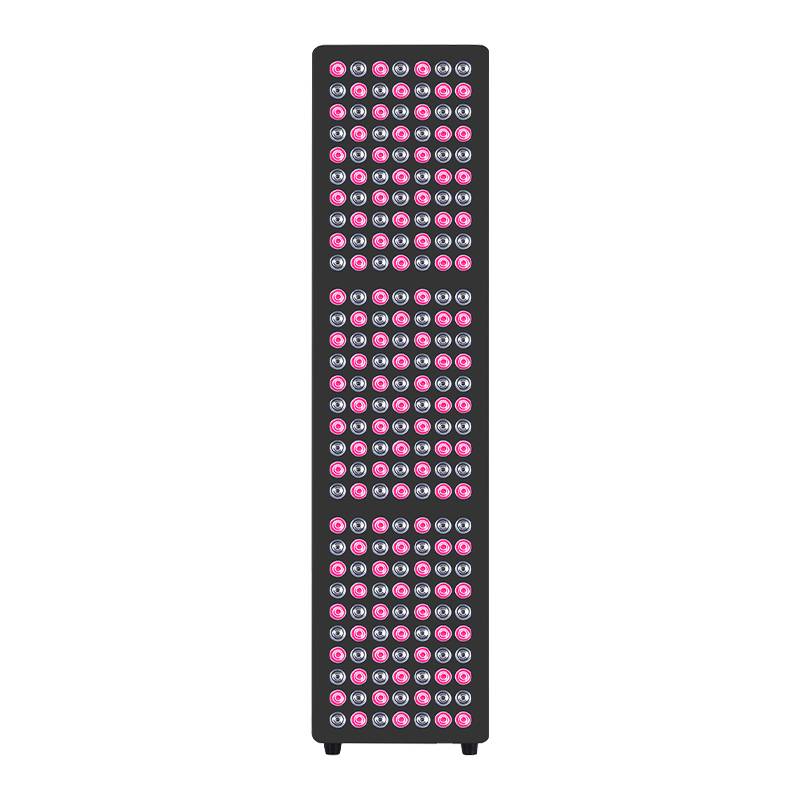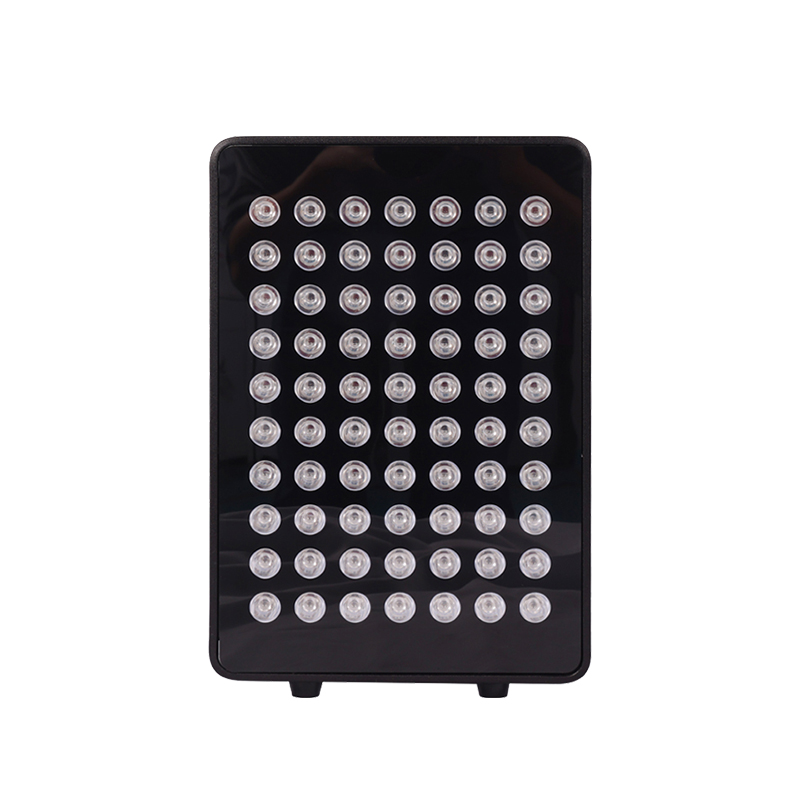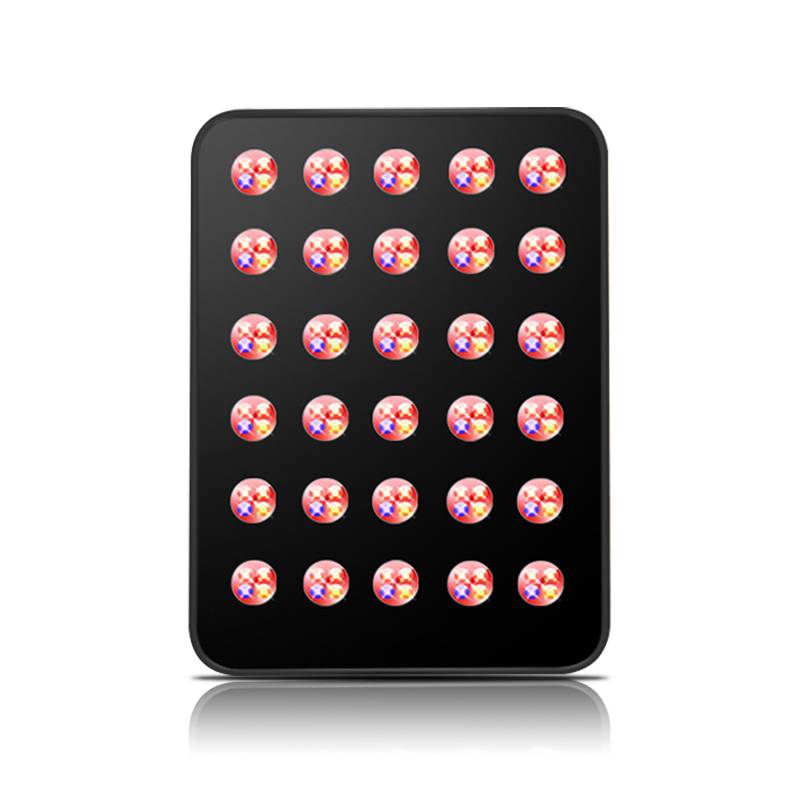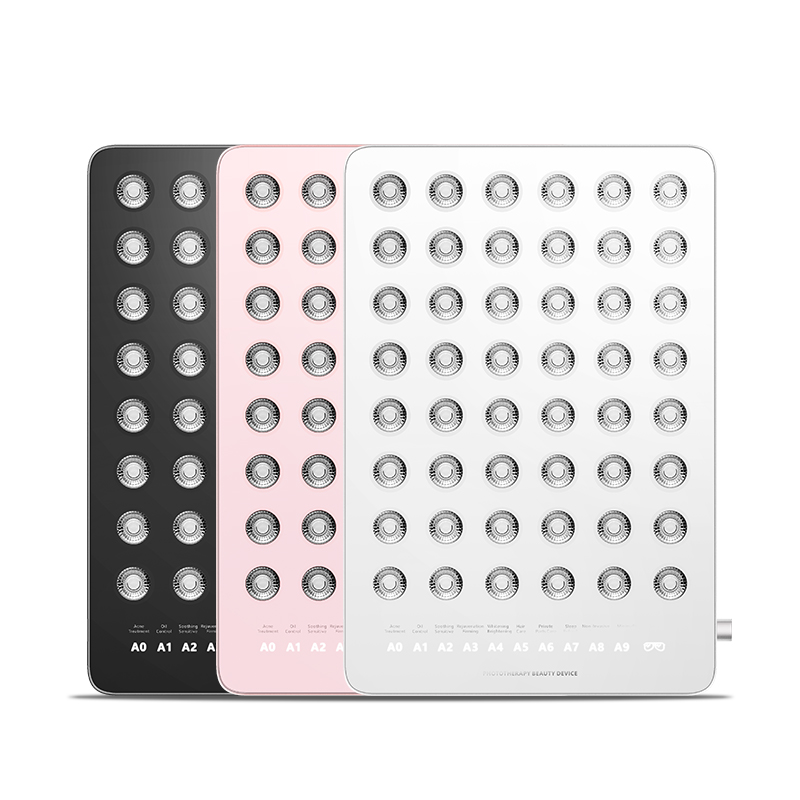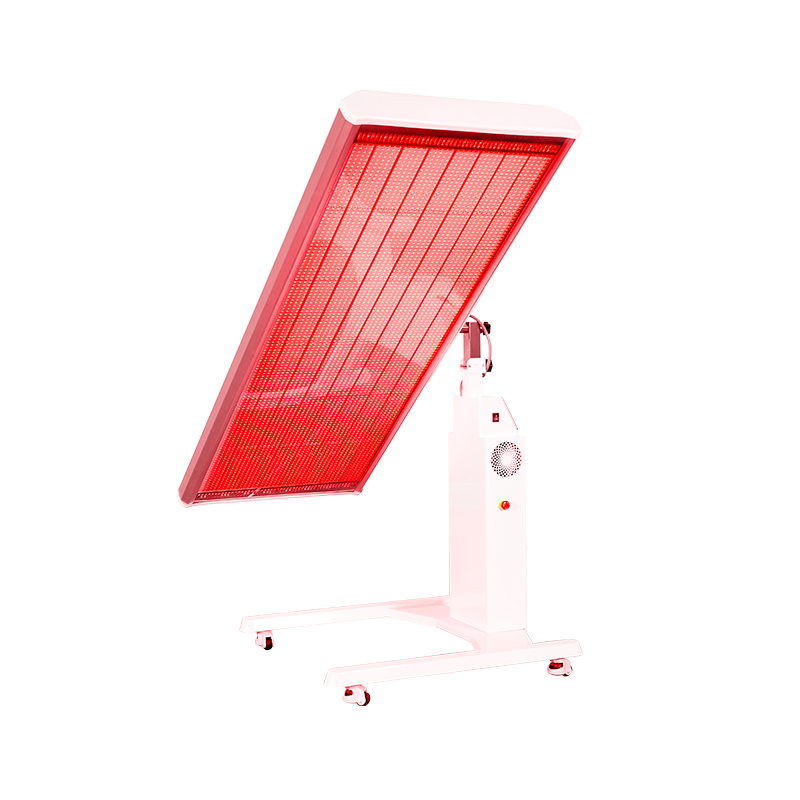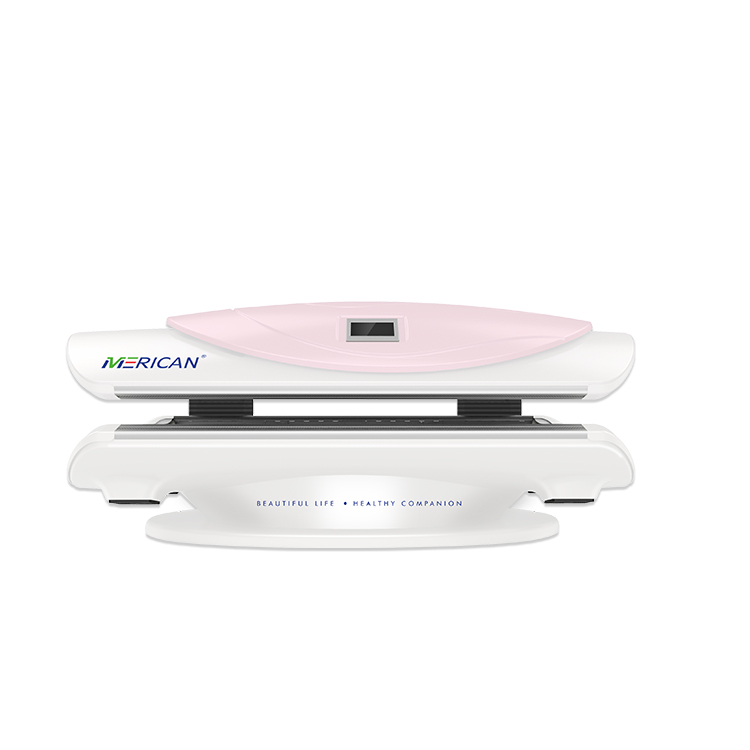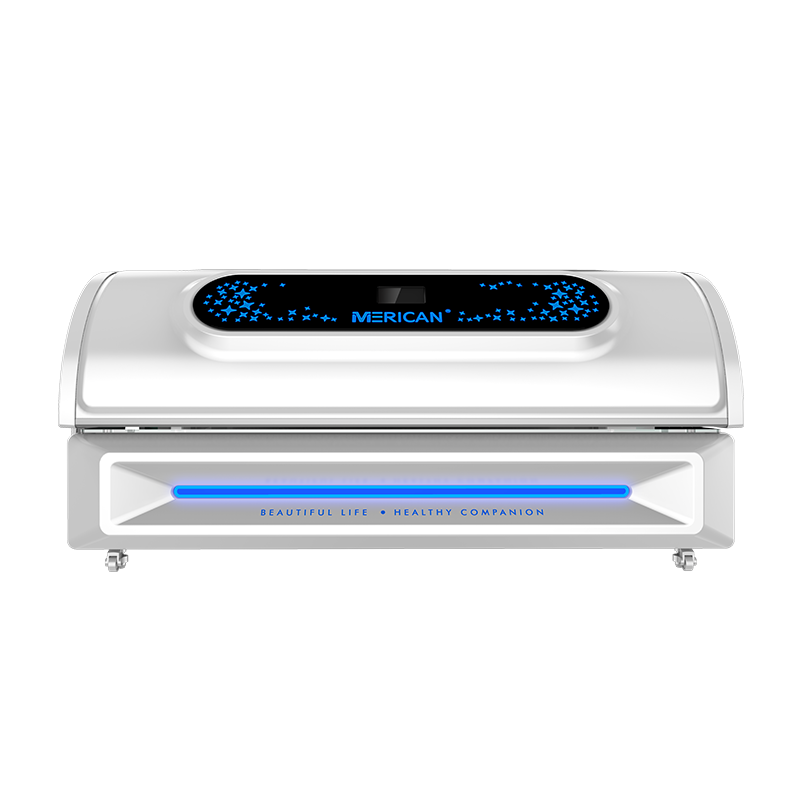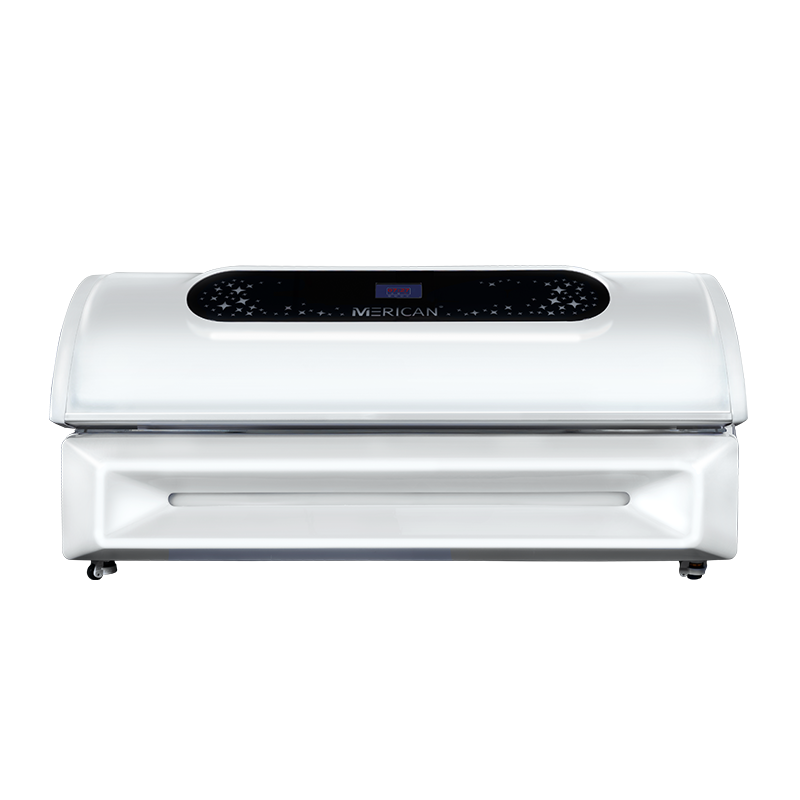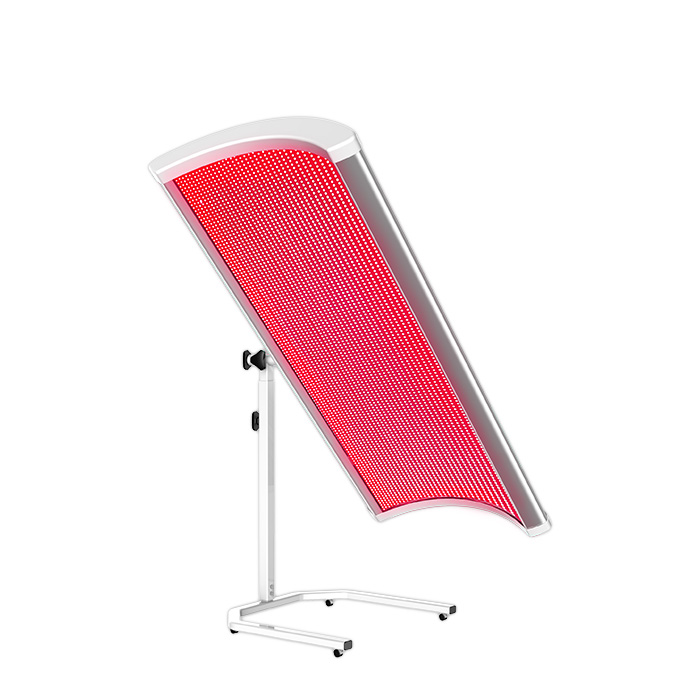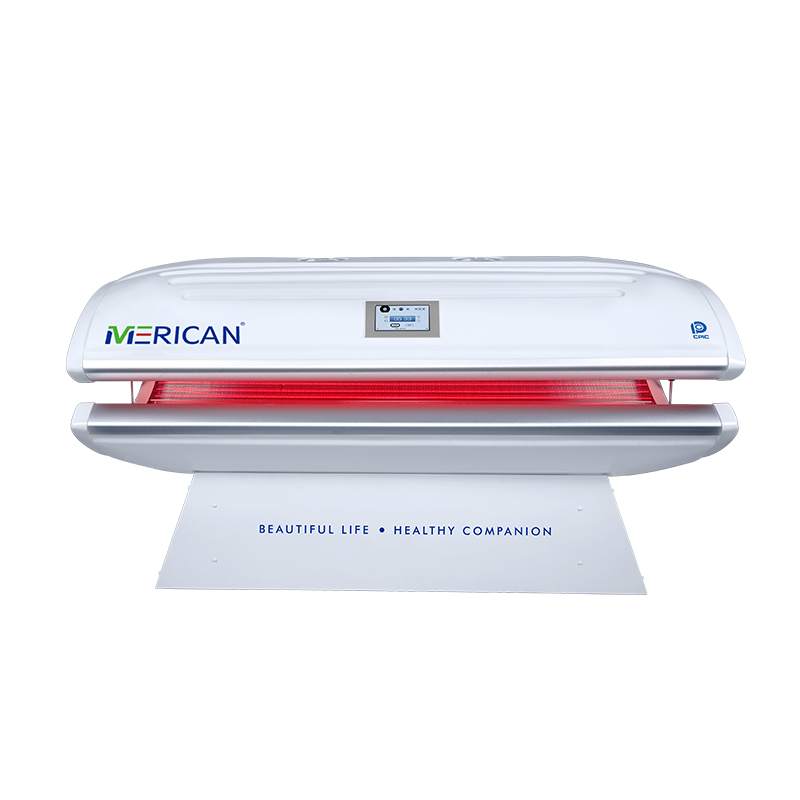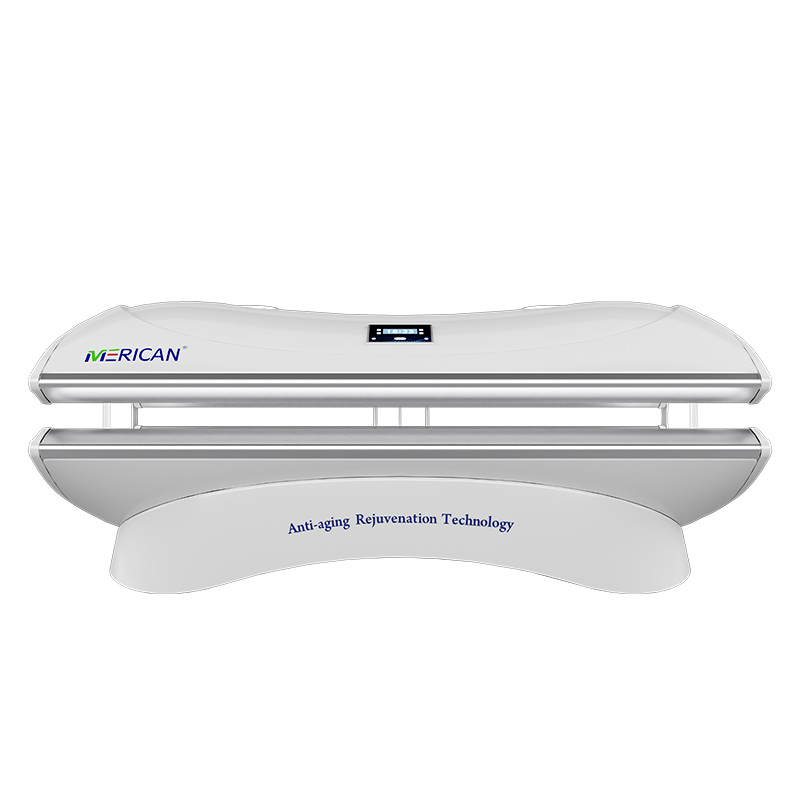Knee pain is one of the most common musculoskeletal complaints worldwide, affecting people of all ages—from athletes recovering from injuries to older adults dealing with arthritis. Traditional treatments such as pain medications, steroid injections, and physical therapy often provide temporary relief but rarely address the root cause. In recent years, red light therapy (RLT) has gained scientific and medical attention as a non-invasive, drug-free method to reduce inflammation, support tissue repair, and ease chronic knee pain.
In this article, we’ll explore what research says about how red light therapy works, its proven benefits for knee pain, and how professional-grade systems like MERICAN are helping users achieve long-term relief.
What Is Red Light Therapy and How Does It Work?
Red light therapy, also known as photobiomodulation (PBM) or low-level laser therapy (LLLT), uses specific wavelengths of red and near-infrared light (typically between 630–850 nm) to stimulate cellular energy production. When light penetrates the skin, it interacts with mitochondria, the “powerhouses” of cells, boosting ATP (adenosine triphosphate) generation.
This increase in cellular energy enhances tissue repair, reduces oxidative stress, and promotes anti-inflammatory processes—all of which are essential for joint recovery and pain management.
Key takeaway: Red light therapy helps your body heal itself from within by supporting natural regeneration at the cellular level.
The Science Behind Red Light Therapy for Knee Pain
A growing body of clinical research supports the use of red and near-infrared light for reducing knee pain and improving joint function.
- A 2020 study published in Lasers in Medical Science found that patients with knee osteoarthritis who received 830 nm near-infrared light therapy experienced a significant reduction in pain and stiffness compared to the placebo group.
- A 2022 review in Photobiomodulation, Photomedicine, and Laser Surgery concluded that red light therapy effectively decreases inflammation markers and improves mobility in people with degenerative joint disease.
- A 2019 randomized controlled trial demonstrated that 660 nm red light therapy accelerated post-surgical knee recovery by enhancing circulation and collagen synthesis.
These findings highlight red light therapy’s dual effect—it reduces inflammation while promoting tissue repair, making it especially effective for both acute injuries and chronic knee conditions such as osteoarthritis.
Benefits of Red Light Therapy for Knee Pain
- Reduces Inflammation:
Light energy penetrates deep into tissues, suppressing inflammatory cytokines and increasing antioxidant enzyme activity. - Improves Circulation:
Enhanced microcirculation means more oxygen and nutrients reach damaged tissues, accelerating recovery. - Stimulates Collagen Production:
Collagen is essential for joint health and structural integrity. Red light therapy supports fibroblast activity and collagen synthesis. - Alleviates Pain Naturally:
Red light therapy helps modulate nerve sensitivity and pain pathways without relying on drugs or invasive procedures. - Supports Long-Term Joint Health:
Regular sessions may prevent cartilage degradation and maintain joint flexibility over time.
How to Use Red Light Therapy for Knee Pain
For best results, follow these evidence-based guidelines:
- Wavelength: Use a device emitting light between 630–850 nm, which covers both red and near-infrared spectrums.
- Session Duration: 10–20 minutes per session, depending on device intensity.
- Frequency: 3–5 times per week for chronic conditions, reducing to maintenance sessions after improvement.
- Distance: Keep the device approximately 10–15 cm away from the skin.
Professional systems like the MERICAN Red Light Therapy Panel are engineered with clinical-grade LEDs and adjustable intensity settings to ensure deep tissue penetration and consistent results.
Safety and Side Effects
Red light therapy is considered extremely safe when used correctly. Unlike ultraviolet (UV) light, red and infrared wavelengths do not cause burns or DNA damage. Most users report only mild warmth during treatment. However, individuals with light sensitivity or certain medications should consult a healthcare provider before use.
Red Light Therapy vs. Other Knee Pain Treatments
| Treatment | Invasiveness | Long-Term Benefit | Side Effects | Cost Over Time |
|---|---|---|---|---|
| Pain Medications | Low | Temporary Relief | Possible | High |
| Corticosteroid Injections | Medium | Short-Term Relief | Tissue Damage | Moderate |
| Physical Therapy | Medium | Good | None | Moderate |
| Red Light Therapy (MERICAN) | Non-Invasive | Sustainable Relief | Minimal | Low (One-time Investment) |
As shown, red light therapy offers a cost-effective and lasting alternative for knee pain management.
MERICAN: Innovation in Red Light Technology
MERICAN is a global leader in red light therapy innovation, collaborating with medical researchers and engineers to design high-performance devices optimized for health and recovery.
Their red light therapy panels and knee-specific devices combine precision wavelength control, ergonomic design, and powerful irradiance to target deep tissues effectively—making them ideal for home or clinical use.
Final Thoughts
Knee pain can disrupt mobility, productivity, and quality of life. While conventional treatments may only mask symptoms, red light therapy offers a science-backed, natural solution that helps your body heal at the cellular level.
Whether you’re managing arthritis, recovering from injury, or seeking preventive care, incorporating MERICAN red light therapy into your wellness routine can make a measurable difference.

